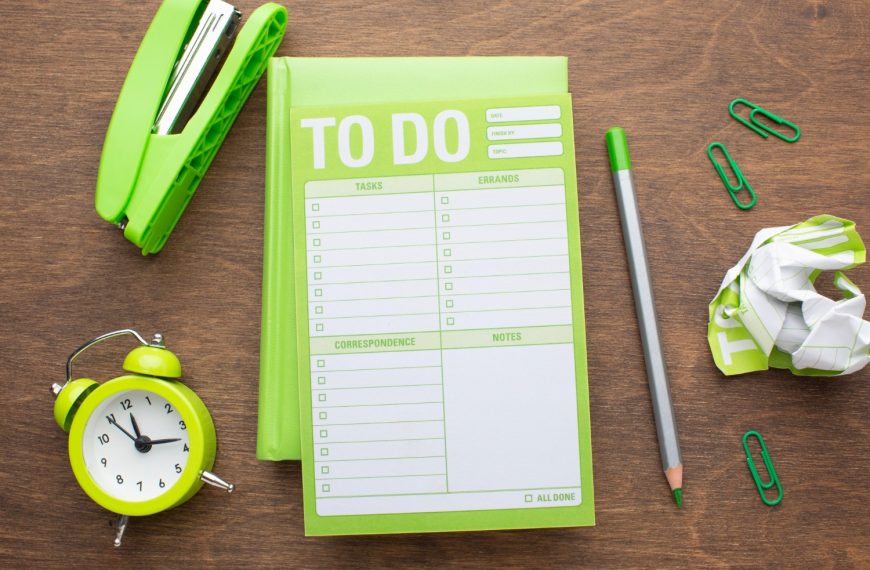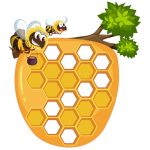Raising a toddler is a journey filled with joys, challenges, and constant learning. One key aspect of this journey is establishing a toddler activity schedule that promotes healthy development and happiness. Navigating the wonderful, whirlwind world of toddlers can be a thrilling yet challenging adventure. Amidst the giggles and games, establishing a toddler-friendly daily schedule is a cornerstone of early childhood development. This blog delves into creating an engaging and nurturing daily schedule for your little one, highlighting the significance of routine in their growth. We will explore how a balanced mix of play, learning, and rest shapes a harmonious daily rhythm, catering to the dynamic needs of toddlers. Whether you’re sketching out a toddler activity schedule or refining your existing toddler daily routine chart, this toddler daily schedule guide offers valuable insights and practical tips for fostering a structured yet flexible environment for your child.
Importance of Daily Schedule for Toddlers
A well-structured daily schedule is more than a mere list of activities for toddlers; it’s a blueprint for their holistic development. It offers a predictable framework that provides comfort and security, allowing toddlers to thrive in a stable environment. This consistency is vital in nurturing their emotional well-being and cognitive growth, paving the way for a smooth transition into more formal learning settings. By integrating routine into their daily lives, toddlers learn essential life skills such as time management and self-discipline. Moreover, a regular schedule aids in establishing healthy sleep patterns, ensuring they get the rest they need for their energetic explorations. Embracing the importance of a daily schedule sets the stage for your toddler’s balanced and enriching developmental journey.
Designing a Toddler Daily Routine Chart
A toddler daily routine chart is a visual representation of your child’s day. It includes key activities like meal times, playtime, naptime, and learning activities. The chart can be as simple or as detailed as needed, depending on your toddler’s age and understanding. Visual cues, such as pictures or icons, make it easier for toddlers to follow along and take an active part in their schedule.
Sample Daily Schedule for Kids
Here’s a basic framework or a sample daily schedule for toddlers:
- Morning Wake-Up Routine: Start the day with a consistent wake-up time followed by a healthy breakfast.
- Learning Activity: Engage in an educational activity, such as reading or a simple puzzle.
- Outdoor Play: Spend time outdoors for physical activity and exploration.
- Lunch: A nutritious lunch to refuel.
- Naptime: A consistent naptime aids in growth and development.
- Creative Play: Time for arts, crafts, or imaginative play.
- Evening Routine: Dinner followed by a calm, winding-down activity like reading.
- Bedtime: A consistent bedtime routine for a good night’s sleep.
Balancing Flexibility and Consistency Establishing a routine for toddlers is a delicate dance between consistency and adaptability. While a structured day provides a sense of security and predictability, being overly rigid can lead to unnecessary stress. Toddlers are naturally curious and spontaneous, and their needs and interests can shift rapidly. Therefore, it’s essential to tailor the daily schedule to accommodate these fluctuations. The key is to maintain the core elements of the routine – like meal times, nap times, and bedtime – while being open to adjustments in activities or timings as the day unfolds. This approach not only respects the natural rhythms of your child but also teaches them to adapt to changes, a valuable skill for their future.
Incorporating Educational Activities Incorporating educational activities into a toddler’s schedule isn’t about formal lessons but about nurturing their innate curiosity and love for learning. Simple activities like matching blocks by colour, counting fruits during snack time, or exploring nature during a park visit are fun yet educational. These activities enhance cognitive skills such as problem-solving, memory, and critical thinking. By integrating learning into everyday play, toddlers gain knowledge effortlessly and organically. It’s also a chance for parents to observe and understand their child’s unique learning style and interests, which can be invaluable in tailoring further educational endeavours to their specific needs and preferences.
The Role of Play Play is the language of toddlers, an essential tool through which they understand and interact with the world around them. It’s not just about fun; play is a critical aspect of developmental learning. Structured play, like puzzle solving or block building, develops cognitive and fine motor skills, while unstructured play, like imaginative or outdoor play, fosters creativity, physical development, and social skills. Ensuring a balance between these types of play within a toddler’s schedule supports a well-rounded development, preparing them for more complex social interactions and physical activities as they grow.
Nutrition and Meal Times Meals and snacks are more than just fuel for toddlers; they are opportunities for learning and development. A regular schedule for meals and snacks provides structure and teaches toddlers about routine and the importance of healthy eating habits. Involving toddlers in meal preparation, like washing fruits or setting the table, can be an engaging and educational process. It helps them understand the value of nutrition, develops their fine motor skills, and can even enhance their willingness to try new foods. Offering a variety of nutritious options ensures they receive the necessary nutrients for their energetic days.
Naptime and Rest Naps are not just pauses in a toddler’s day; they are fundamental for their physical and mental development. Regular nap times help toddlers process and consolidate what they’ve learned, contributing to memory development and cognitive skills. Moreover, adequate rest is crucial for mood regulation and overall well-being. A consistent nap schedule helps establish healthy sleep patterns, which are essential for a toddler’s growth and development. Ensuring a calm and comfortable environment for naptime enhances the quality of rest, making them more alert and happy upon waking.
Evening Routine and Bedtime An evening routine is the gentle descent from the day’s adventures to the tranquillity of night. It signals to the toddler that the day is winding down, preparing them for a restful sleep. Activities like a warm bath, storytelling, or listening to soft music create a serene atmosphere, aiding in the transition to bedtime. This routine not only helps toddlers unwind but also reinforces the importance of rest. A consistent bedtime routine improves sleep quality and is vital for their physical growth and mental well-being, setting the stage for another day
A well-planned daily schedule can greatly benefit your toddler’s development and well-being. It provides structure, fosters learning, and ensures they get the right balance of activities, rest, and nutrition. Remember, the key is to be consistent yet flexible, adapting the schedule to your toddler’s evolving needs.
At EuroKids, we understand the importance of a balanced daily routine in a child’s life. Our programmes are designed to complement your efforts at home, providing your child with an enriching environment that stimulates learning and growth. With our expertly crafted curriculum and focus on holistic development, EuroKids is your partner in nurturing your child’s potential. Visit us to learn more about how we can support your toddler’s journey.















